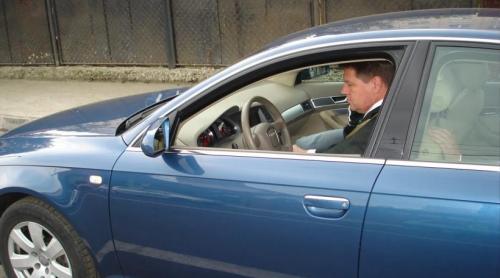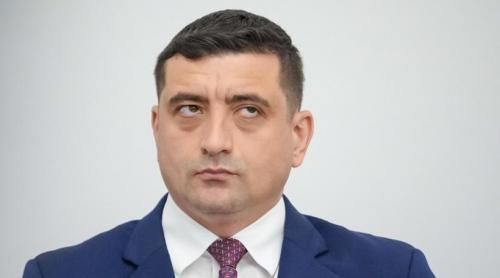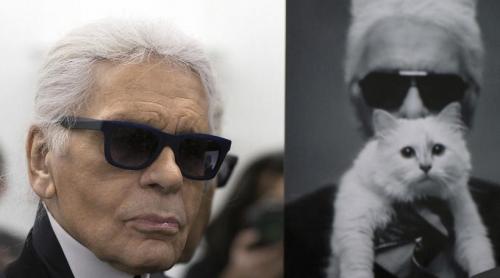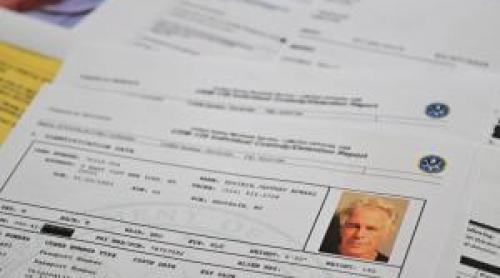
ION CRISTOIU - July 5 2004
The tragedy at Mihailesti (TR. NOTE: 18 people died in a road accident following the explosion of a truck loaded with fertilizers ignited by leaked fuel from the truck fuel-tank and the fire from the electrical wiring in the driverâs cabin) took place when the campaign for local elections just started.
The subsequent scandal that irrupted burst into flames flying higher than those of the actual fatal explosion. All newspapers, without exception, followed by television networks, blamed the haste in covering the crater resulted after the explosion and in repairing the European road.
The emotional approach, perfectly understandable for a media catering to a public opinion of Latin blood, did not give room for a clear-minded analysis of what the mistake of the authorities had been.
Both Miron Mitrea (TR. NOTE: minister for public works, transportation and tourism) and Gabriel Oprea (TR. NOTE: minister in charge with coordinating the public administration) were castigated by the media, with no hint into what their actual mistake was. Some commentators led their pamphlet on all together extreme lanes, seeing evil intentions in the ministers deeds, who would have ordered the swift repairs to the road to cover the traces not of a tragic accident, but of a heinous murder. Baffled by the attacks, both Mitrea and Oprea said they meant well, and had no other intention but to return a major European road to normal traffic. One cannot but agree: this is a major road, when one thinks of the illegal drugs and cigarettes which are trafficked on it, from the Community of Independent States towards Western Europe.
More than a month passed since the accident in Mihailesti. As so many times in this country the event was quickly forgotten, since the public opinion sustains inflammatory moods with the force of straw-fires. The flowers on the crosses erected on the side of the road went dry in the exhaust fumes of the automobiles riding past. And the incumbent mayor, of the Social Democrat Party (SDP), was re-elected in Mihailesti village.
This was the same mayor the villagers were cursing on camera in the aftermath of the accident.
But now, more than one month on since the tragedy, journalists, politicians and lay people alike do not talk about it anymore.
More importantly, though, local elections took place in Romania since then.
Both in the first round and in the second round of elections the ruling SDP took a blow not only in county councils (TR. NOTE: deemed as a preview of general elections results) but also in cities famous for the European-type of local administration, like Bacau, where former mayors lost their positions.
Nationally, the SDP administration headed by PM Adrian Nastase did a good job, as opposed to the previous administration of the Democratic Convention from Romania (DCR), between 1996 and 2000.
Since taking office in 2000, no social or economic problem arose with the SDP not giving it full attention. If the spring wind torn apart the curtain on a window in a distant village, 10 minutes later the media channels were issuing the government press-release stating the curtain was replaced by Emergency Government Ordinance.
It was impossible for the SDP-type organization to not leave a mark after the chaos that characterized the DCR administration.
Likewise, as a well-honed machinery, the Executive completed the requirements which led Romania to full NATO membership and put it on the tracks to European Union membership.
Adrian Nastase, PM and president of the SDP, stated that his party had to shift to the right in order to comply with the requirements for NATO and EU integration. Nothing could be more far fetched. The SDP conducted true left-wing social and economic policies.
Were it not so, Romania would have experienced the social upheavals of a country conducting painful economic reforms. Or, the last four years may be regarded as an example of social peace.
he marches of workers in the cities were so conspicuously absent that the members of the National Liberal Party (in the opposition) started to take to the streets.
Knowing they administered well the country, and that this is not just a PR-spin, the SDP leaders are truly wondering what motivated the voters to go out in the pouring rain in the Election Day and furiously vote against them.
Likewise, some very famous SDP mayors, as Dumitru Sechelariu, the former mayor of Bacau city, are wondering what happened in the minds and hearts of his fellow citizens.
Contrary to other statements, I do believe that ministers Mitrea and Oprea were of the best intentions when they showed up swiftly at the scene of the disaster.
They were sincerely animated by the will to prove once again the effectiveness of the SDP administration.
If the accident would have taken place during the DCR days, a minister would have arrived at the scene after a whole country would have looked for him, via CNN announcements.
So, the two SDP ministers proved their efficiency. They promised the road would be open for traffic on one lane by the end of the day and they delivered. This was no mistake. Had they not done so, the media and the people using the road would have grumbled against the Executive for not acting.
But the effects of the governmentâs action were contrary to the expected ones because of the emotional factors.
The gesture to wipe out the marks of the accident as quickly as possible was interpreted as a heartless act of an administration only interested in being efficient. Obviously, the number of the people who shared that view was small, but their radical position balanced the view of the many who benefited from opening the road for traffic. The latter thought it was normal for a swift solution.
But the radicals took their discontent to the very end that is they expressed it in the voting booth.
A similar thing happened to the SDP mayors of the Bucharest districts and of the cities, who did a good job at administering their constituencies. They did not feel it was necessary to conduct a vigorous electoral campaign to convince the electorate they should stay on the job.
Thus, the voters interested in local administration did not vote, but the voters who were emotionally driven did. The latter were disenchanted with the SDP candidates who did not bother to properly ask for their vote, and acted as if their re-election was a given.
Taxing this attitude as sheer arrogance, the voters put the stamp on any other box on the ballot, but the one of the SDP candidate.
As the audience boos at the one boxer not in the ring for real, during a boxing-match, so did the Bucharest electorate flag Geoana out of the race for the same reason.
Ioan Rus (TR. NOTE: SDP candidate for the Cluj city City Hall) did not get away from the moral-emotionally driven vote either. He resigned his position as a minister of interior prior to the second round of elections. But the more sophisticated electorate of Cluj could not miss that he came short of taking a plunge into the race from its onset, and rejected him, thinking that he is putting up an electoral stunt.
The SDP leaders, PM Adrian Nastase included, do not tire to state that they understood the message the electorate sent them. But none of them so far managed to detail what that message was. Some speak of a vote against the arrogance, against the newly-rich, against the alienation from the electorate, against the corruption (TR. NOTE: displayed by the ruling party).
But surveying the anti-SDP vote we will trace a common trait: all those voting against the SDP demand politicians, particularly left-wing politicians, to have a heart.
These are the voters who would rather go for an unknown candidate, than for a tested efficient mayor who thinks he won another mandate prior to the campaign ending.
These are the voters who want the politicians work for a swift repair of a damaged road, but also to see them place a candle on the site of the disaster not for PR reasons, but from sincere grief.
The local elections had the Mihailesti mark on them. In other words, the voters rejected politicians who thought the electorate was thicker than it actually is.
Translation: ANCA PADURARU
Citește pe Antena3.ro

















